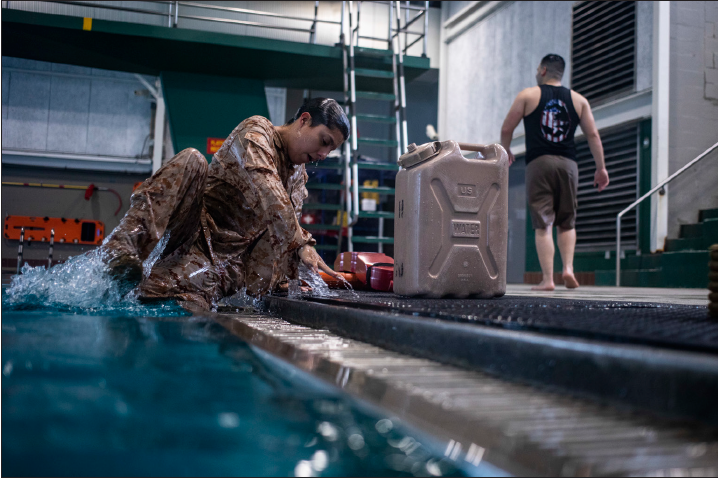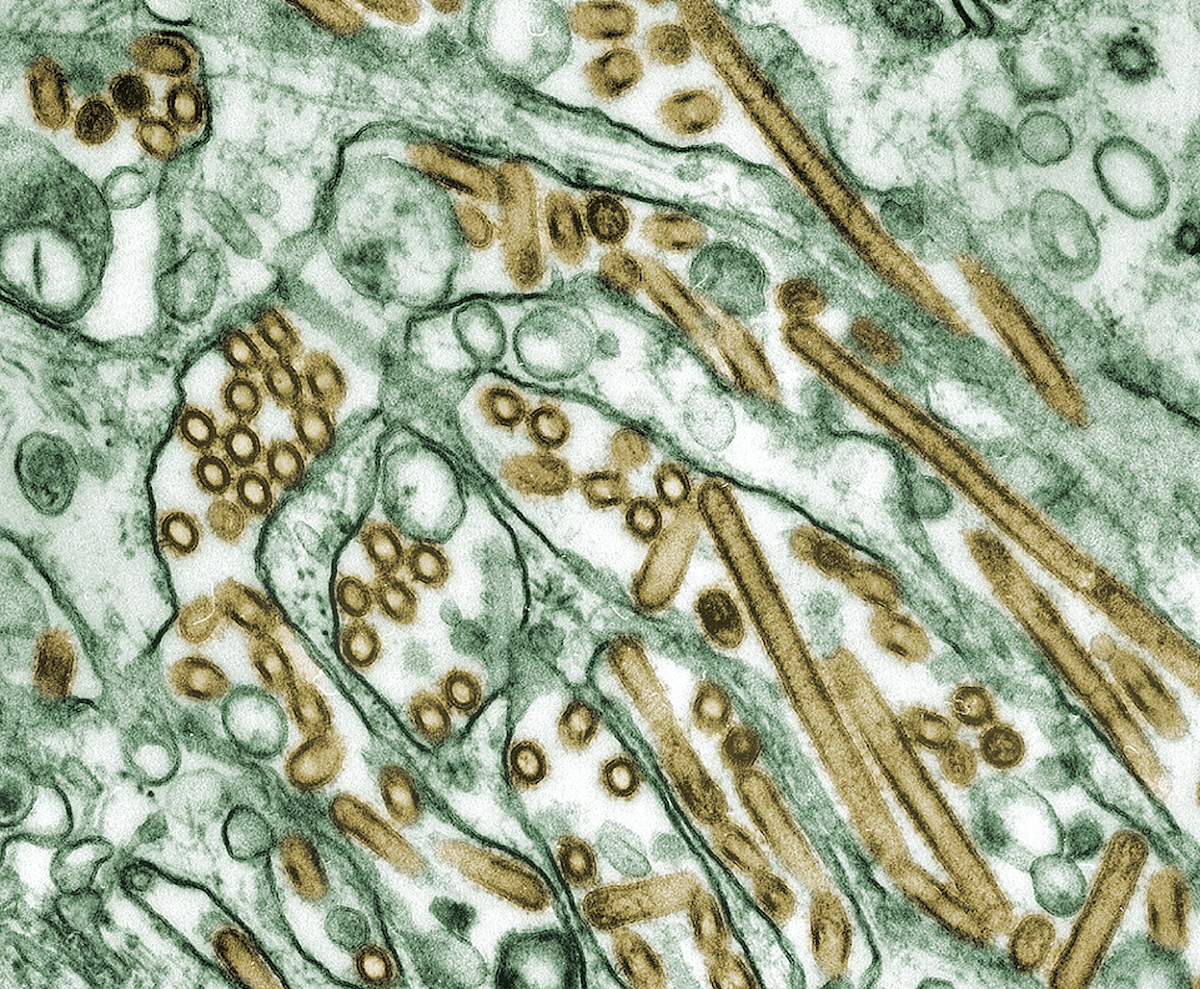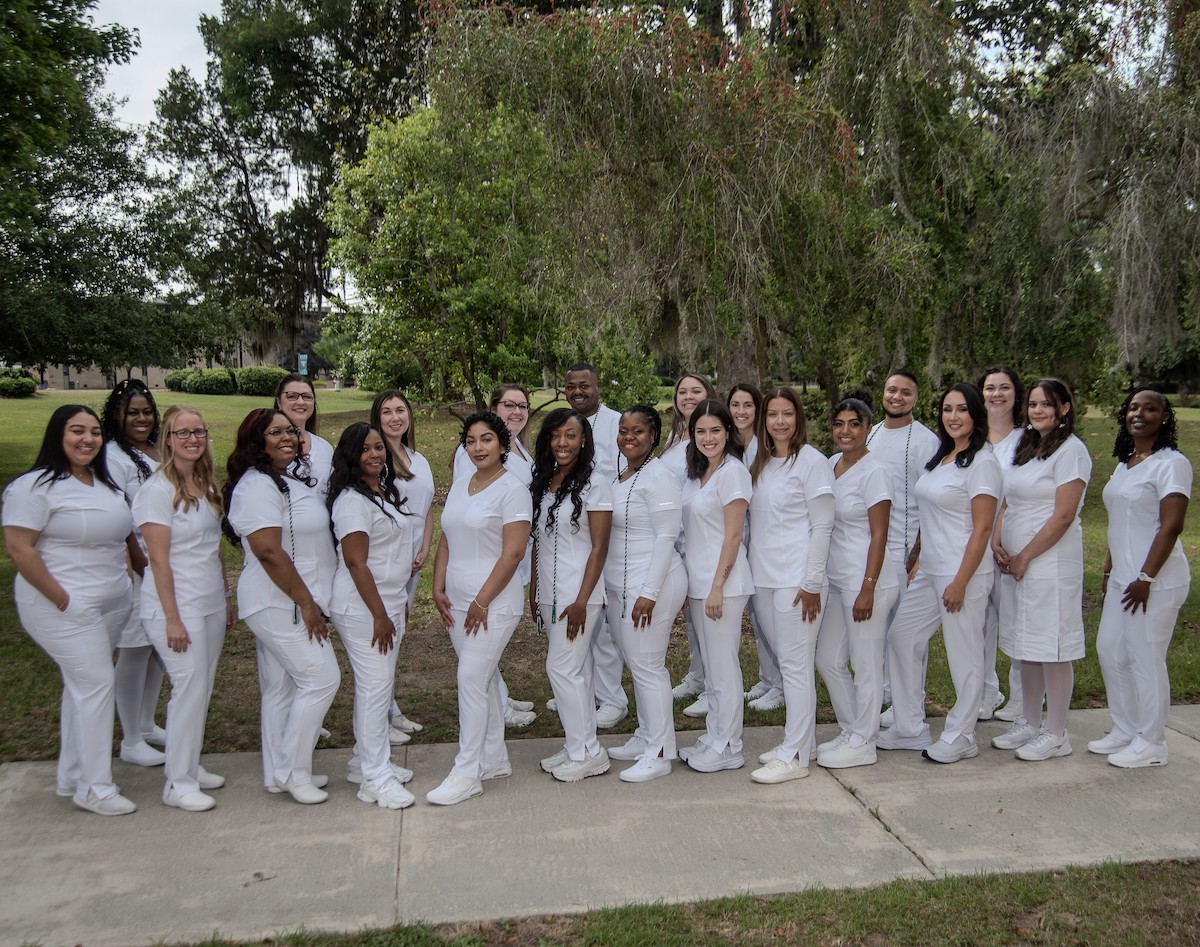By Larry Dandridge
If you can’t work because of a military service-connected disability, you may qualify for “Individual Unemployability (IU).” This means you may be able to get disability compensation or benefits (health care primarily) at the same level as a Veteran who has a 100% disability rating.
There are two ways to apply for and receive a 100% military service-connected disability rating from the VA.
- The first way is to apply for 100% service-connected disability based on one or more service-connected disabilities, which were caused by wounds, injuries, illnesses, or hazardous material (HAZMAT) contaminations. The specific instructions for filing a claim for service-connected disability are found at https://www.va.gov/disability/how-to-file-claim/ .
- The second way to apply for 100% service-connected disability is to submit a VETERAN’S APPLICATION FOR INCREASED COMPENSATION BASED ON UNEMPLOYABILITY, using VA Form 21-8940 and VA Form 21-4192. This application is based on you having a service-connected disability that keeps you from working, regardless of your VA service-connected disability rating.
The VA web site https://www.va.gov/disability/eligibility/special-claims/unemployability/ explains what IU is, what qualifies you for IU, and what forms and evidence you need to submit to file a claim for IU.
You may be eligible for IU if you meet both of the requirements listed below.
You have at least 1 service-connected disability rated at 60% or more disabling, or 2 or more service-connected disabilities, with at least 1 rated at 40% or more disabling and a combined rating of 70% or more, and
You can’t hold down a steady job that supports you financially because of your service-connected disability. Odd jobs don’t count.
Also, in certain cases, you may qualify for IU at a lower than 60% or 70% disability rating, based on an exception, like marked interference with employment or frequent periods of hospitalization. For more information on exception rules see https://helpdesk.vetsfirst.org/index.php?pg=kb.page&id=1963 .
Applying for IU is so important that a Veteran should use a Veterans Service Officer (VSO) or another certified adviser to help prepare an IU claim. There is a State of SC Veterans Service Office in every SC county. See a list of SC County Veterans Service Offices at https://scdva.sc.gov/county-veterans-affairs-offices. The Beaufort County Vets Service Office is located in the Disabilities and Special Needs Building, at 100 Clear Water Way, Beaufort, SC 29906, phone number (843) 255-6880, and FAX (843) 255-9445. Call ahead to make an appointment.
The VA can only consider disabilities that have already been awarded by the VA as service-connected. So, if you have a service-connection VA disability award for hip and back injuries of 60% but the main reason you cannot work is because you have unclaimed serious Post Traumatic Stress Disorder (PTSD), the VA will not consider your PTSD in your IU claim.
The VA does not make its decision on IU based on a Social Security Disability Award. However, if your social security disability award is for the same service-connected disabilities the Veteran is making an IU claim for, then include the award letter in your claim and all the service-connected disability evidence you submitted to the Social Security Administration.
IU is not always rated as a permanent condition. The VA may require you to undergo periodic medical exams to evaluate your IU. There are safe-guards in place to prevent unjustifiable removal of an IU determination. The VA must provide you with prior notice of their plan to take away your IU benefit. The Vet has 60 days to show evidence that his condition(s) have not changed. The Vet also has an option to request a pre-determination hearing.
The most important evidence a Veteran can submit to support an IU claim is a professional opinion (letter and medical records) from a doctor and Vocational Expert. Supporting letters from an Occupational, Physical, or Speech Therapist, Chiropractor, etc., are also strong evidence of unemployability. Ideally you need to get a VA Doctor, Physician’s Assistant (PA), or Nurse Practitioner (NP) to write an opinion supporting IU in your medical records and in a letter stating “it is more likely than not” that your service-connected disabilities make you unable to work.
A similar letter from a civilian doctor, PA, or NP would also be powerful proof of IU. Since no one knows your illnesses, injuries, wounds, and HAZMAT contaminations better than you, it is a good idea for you to help your doctor and vocational experts prepare supporting letters because they may not be familiar with IU claims. Letters supporting your claim and signed, by your past and present employers, co-workers, and other lay witnesses are also important. Letters should end with, “the information in this letter is true to the best of my knowledge”.
Some of the veterans the author knows have filed for IU based on mental illnesses like PTSD, major depressive disorder, major panic disorder, and other disabling conditions. Those claims were supported by detailed letters and recorded interviews from the Vet’s mental health doctor. Those letters included detailed diagnosis and explanation of the mental illnesses, effects of that illness, treatments, sleep deprivation, medication, and how the military caused or worsened the Vet’s mental health. Those letters also included references to medical studies supporting IU for the conditions the Vet is suffering from, and, if applicable, a Military Discharge Review Board decision.
The VA Form 21-8940, VETERAN’s APPLICATION FOR INCREASED COMPENSATION BASED ON UNEMPLOYABILTY is complex and four pages long. Go to https://www.vba.va.gov/pubs/forms/vba-21-8940-are.pdf to download the form
Section I of the form requires the Veteran’s identification information including the name, Social Security Number, VA File Number, date-of-birth, mailing address, email address, and phone number.
Section II of the form requires submission of the disabilities preventing you from working, the name and address of your doctors (Military, VA, and Civilian), dates of treatment by doctors, and dates of hospitalization.
Section III of the form requires your dates and places of employment for the last five years you worked, the date you last worked full-time, the type of work you did, the hours you worked per week, the date your disability affected employment, the date you became too disabled to work, time loss from illness, highest earnings per month, Reserve or National Guard status, total income for the past 12 months, current earned monthly income, dates and type of work you have applied for, and more.
Section IV of the form requires you to list your education and training, training dates, detailed remarks, and your signature and two witnesses.
The VA Form 21-4192, REQUEST FOR UNEMPLOYMENT IN CONNECTION WITH CLAIM FOR DISABILITY is two pages long. Go to https://www.vba.va.gov/pubs/forms/VBA-21-4192-ARE.pdf to download the form. This form is a request from the VA for employment information from employers the Veteran has worked for in the past five years. The form asks for the Vet’s name, SSAN, VA File Number, date-of-birth, dates of employment, type of work performed, amount earned during last 12 months of employment, date last worked, date of last payment, gross amount of last payment, Reserve or National Guard duty status, what disabilities does the Vet have that prevent working, and much more.
It is best if you can personally explain the IU claim process to the employer and help the employer to fill out VA Form 21-4192.
In summary, the VA focuses on whether your service-connected disabilities prevent you from getting a job, keeping a job, and limiting you to jobs that pay below the poverty level. The difference between 60% to 70% service-connected disability and 100% disability may be as much as $2,000.00 per month. If you are a disabled and qualified Veteran, do not miss out on this benefit — you earned it!
Larry Dandridge is a Vietnam era wounded warrior, a combat and 100% disabled veteran, an ex-Enlisted Infantryman, an Ex-Warrant Officer Attack Helicopter Pilot and Test-pilot, and a retired Lt. Colonel. He is a past Veterans Service Officer, and a current volunteer Patient Adviser, CEO Advisory Council Member, and Patient and Family Advisory Committee Member at the RHJ VA Medical Center. He is also the Fisher House Charleston volunteer Good Will Ambassador and the VP for Veteran and Retiree Affairs for the Coastal Carolina Army Association Chapter. Larry is the author of the award-winning, non-fiction, and action-packed BLADES OF THUNDER (Book One) and contributing free-lance writer with the Island News, you can email him at: LDandridge@earthlink.net.
EDITOR’S NOTE
These columns are not meant to replace carefully reading the Federal Veterans’ benefits information at www.va.govand other locations or the State of SC Veterans benefit information at https://scdva.sc.gov. Anyone seeking advice on veterans’ benefits are advised to seek the advice and assistance of a Veterans Assistance Officer or another certified Veterans Advisor.
Larry Dandridge is not an employee of THE ISLAND NEWS and his opinions are his alone. Although every precaution has been taken in the preparation of these articles, the publisher and author assume no responsibility for errors or omissions. Neither is any liability assumed by the author or THE ISLAND NEWS for damages resulting from the use of information contained herein.








